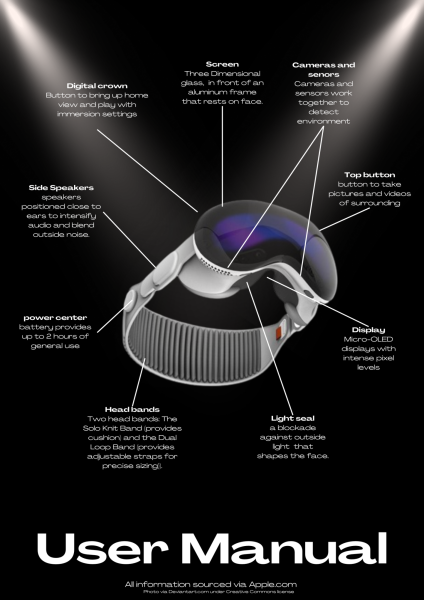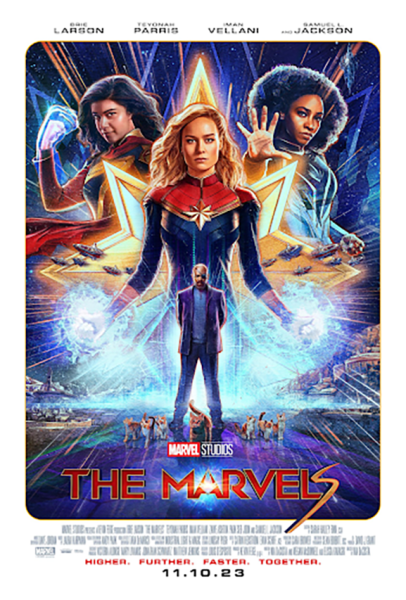‘The Master’ not fast, cast a blast
It would be unfair to call “The Master” good or bad, a masterpiece or a failure – it is, moreso than any major film in recent memory, a work of art, singular and challenging.
The latest from Paul Thomas Anderson (“There Will Be Blood,” “Boogie Nights”), the plot of the film is, in a way, rather straightforward. Freddie Quell (Joaquin Phoenix), an alcoholic, sex-obsessed World War 2 vet, stows away on a luxury yacht after his secret-recipe paint thinner cocktail kills a fellow farmhand. There, he meets the charismatic scientist/philosopher/possible cult leader Lancaster Dodd (Philip Seymour Hoffman), founder of The Cause. As the animalistic Freddie becomes increasingly devoted to the mysterious group… He becomes increasingly devoted to the mysterious group? What, precisely, is the conflict here?
To compare the film to a Rubik’s cube would be not only clichéd, but inaccurate. With a Rubik’s cube, it’s clear what you have to work with, and clear what the objective is: shift the rows and columns of the cube so that each side is one color. “The Master,” however, is like a jigsaw puzzle, but you don’t know what the completed puzzle is supposed to look like, and all of the pieces are square, and of the same size. There’s no goal, there are no rules – you don’t even know what game you’re playing.
That said, the cryptic plot is supported by the best performance this side of Daniel Plainview. As Quell, Phoenix transforms himself, from his stooped shoulders to his permanently cock-eyed scowl. Almost as impressive are Hoffman as Dodd and Amy Adams as Dodd’s manipulative wife. The real winner, however, is the cinematography. Shot in luscious 70mm, the visual quality makes most theatrical releases feel like the DVD to “The Master’s” Blu-ray. You can see every contour of Freddie’s craggy face, every speck of foam in a repeated shot of churning sea. Mihai Malaimare, Jr., previously known only for his recent work with Francis Ford Coppola, lends the film a rewardingly old-fashioned sheen, so that even when the narrative loses momentum in the second half, it is always an engaging, even admirable, watch.
The only thing that can be said about “The Master” with any small degree of certainty is that, for serious viewers looking to be challenged, it is a must-see. Uncompromising to a stand-offish degree, the film is less entertaining than Anderson’s other work, and perhaps less coherent. It is, however, provocative and distinctive – in an age where most movies are more “action figure” than “puzzle,” a picture so obtuse as to be nearly unsolvable is a delight.





